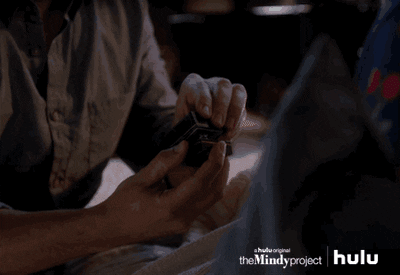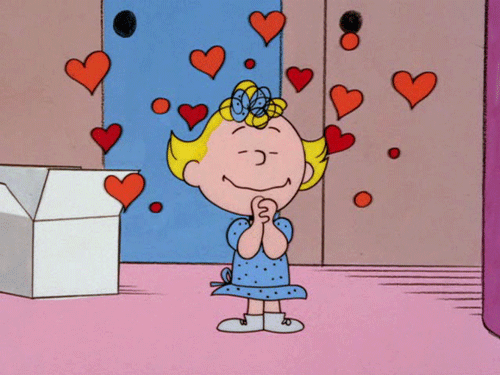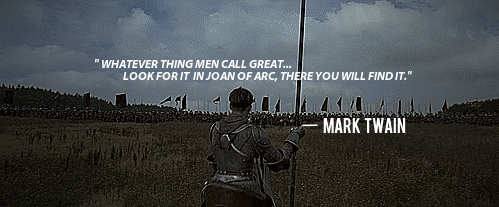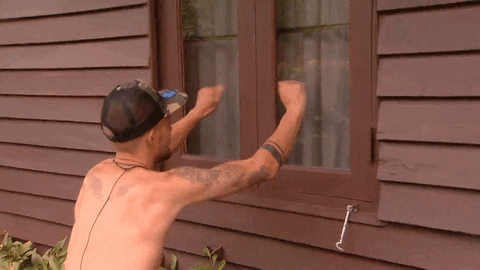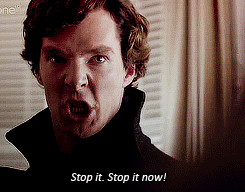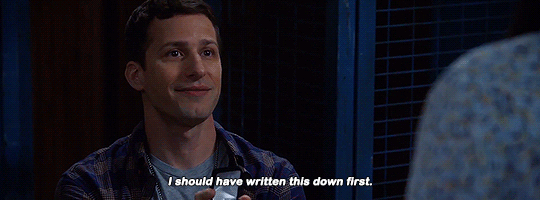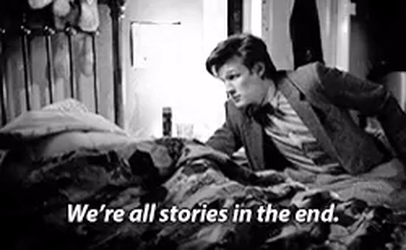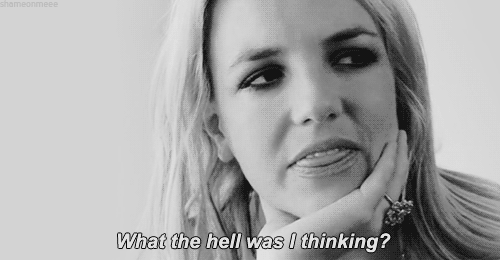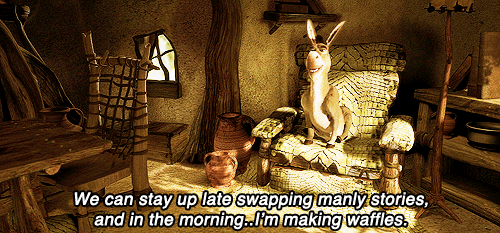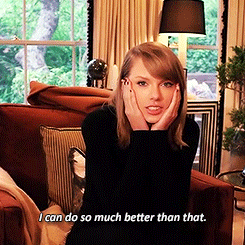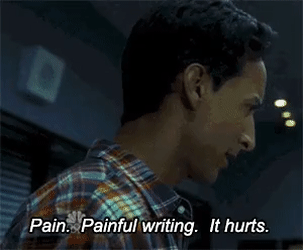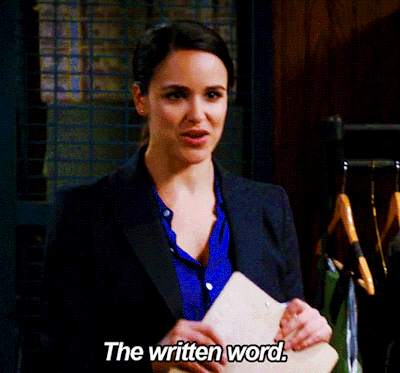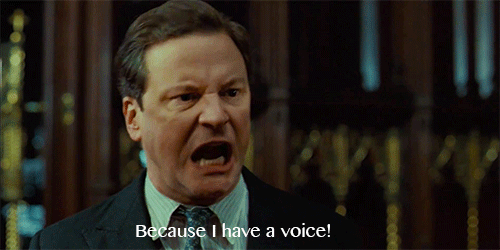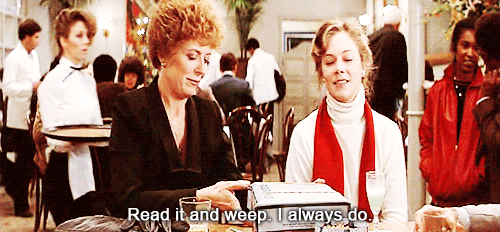20 Signs You're In A Toxic Relationship As Told By 'Sherlock Holmes'
Having Trouble In Paradise?
No relationship is perfect. For the most part, a good relationship makes you feel euphoric, loved, respected, safe, and free. There are seven fundamental elements, including good communication, respect, trust, acceptance, compatibility, affection, and patience needed for a healthy relationship.
Good communication allows people to talk openly, without fear of being judged. Respect helps maintain equality in the relationship. Additionally, it promotes compassion and sympathy between two people. Trust lets a couple count on each other and feel safe.
In return, you build credibility and consistency with each other as your relationship becomes more and more transparent. Acceptance makes people appreciate their partners and accept them for who they are, faults and all. However, this does not extend to abuse in any form.
Compatibility brings people together and strengthens their emotional bond. Affection causes two partners to feel special, wanted, and acknowledged. Patience allows people to feel free. Pushing someone to do something they do not want to do allows causes that person to feel pressured and become they are not.
Mixed together, these seven elements create a strong, healthy long-lasting relationship.
Therefore, a toxic relationship lacks many, if all, of these elements. As a result, a toxic relationship typically makes you feel exhausted, broken, and miserable.
However, toxic connections ring multiple alarms. Sadly, many people never hear them.
Here are some of "alarms" to help you recognize a toxic relationship:
1. You are filled with insecurity.
You are questioning whether anyone likes you. Your partner actively tries to cut you off from your support network of friends and families. Also, nobody wants to hang out with you when you are with your partner.
2. The relationship has become boring.
You are lonely when you are with your partner. You no longer enjoy his/her company.
3. The atmosphere is loaded with negative energy.
Your partner sees himself/herself as having a much higher "mate value" than you. They think you are lucky to have them, but not vise versa.
4. Constantly complaining, making ultimatums, and yelling out commands, your partner drains your energy.
Your partner is all take and no give. (S)he is demanding and never takes "no" for an answer.
5. Nothing is ever your partner's fault.
Your partner is ALWAYS right and NEVER wrong. When you argue, one or both of you always get defensive. You can never acknowledge that the other person has some valid points. When you argue, you just blame each other rather than accepting some blame.
6. Your partners always want to control what you are doing.
(S)he never wants to do anything you want, making you think of several friends whom you would rather be in a relationship with.
7. You always seek acceptance from your partner.

You constantly are doing thing to "impress" your partner. Yet, (s)he never seems interested or proud of you when you experience success.
8. You are giving more into the relationship than what you are getting.
You feel like you are the only one that makes an effort in the relationship, causing the relationship to seem one-sided and like a rollercoaster.
9. The atmosphere is hostile.

You are too scared to confide in your partner. If you were to reveal something you are sensitive about, you are not sure how they would react.
10. Your partner causes you to lower your standards.
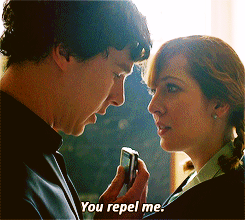
You feel nauseated about who you have become while with your partner. You can identify ways your partner has negatively influenced you. As a result, (s)he has involved you in unethical activities, causing you to feel ashamed of what you have done.
11. Your partner never treats you with respect.

(S)he doesn't listen to you. As a result, you do not feel able to get your partner's attention when you want to talk about something important.
12. You receive no support form your partner.

When your partner is listening, (s)he never takes into consideration what you are saying or feeling. Your partner is dismissive of your interests and projects. (S)he judges the things you do by how important (s)he perceives them to be, rather than how important they are to you.
13. You are always on your guard as your relationship presents constant challenges.

Your partner gets mad at you when you disagree with him/her. When you and your partner disagree, (s)he insists you do things his/her way or leave. It is their way or the highway.
14. Your partner diminishes your self-worth.
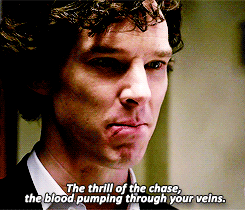
(S)he does not see you as a priority. As a result, (s)he makesjokes about leaving you or teases you about what his/her "second" or "next" partner will be like.
15. You are afraid of your partner seeing you in public with other people.

You dread coming home after work or school because of how much stress your partner causes you. As a result, you often spend time at Starbucks to procrastinate coming home to your partner.
16. You believe you would be nothing without your partner.
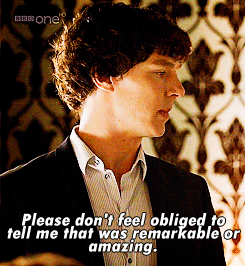
Despite thinking about how disrespectful, cold, untrustful, and inconsistent your partner is, you feel compelled to tell him/her how wonderful (s)he is.
17. You feel like you have betrayed your own morals and values.
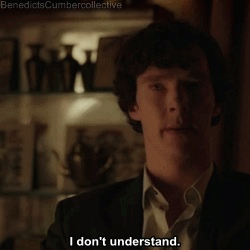
You have changed for the worst. You feel worse about yourself as a person than when you first started the relationship. You are less confident and can see fewer positive qualities about yourself.
18. You are constantly corrected and judged.

Your partner implies that you are stupid or that they are "the smart one" in the relationship. (S)he tries to dissuade you from trying something new because you probably would not understand it.
19. Your partner manipulates you with gifts and compliments.
Your partner uses "love bombing" to gain your trust and love. (S)he regularly does something, such as giving compliments, flattery, or promises. Moreover, these actions are what you use to justify the relationship and your partner's "love" for you.
20. There is no trust in your relationship.
Your partner always checks your phone and asks where you are going or hanging out with. As a result, you feel as though you must get their permission before you do anything. At the same time, you can not trust anything your partner says or does, causing you to constantly wonder what they are doing behind your back.
If any of this sounds familiar, it is time to make some changes.










